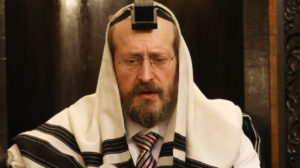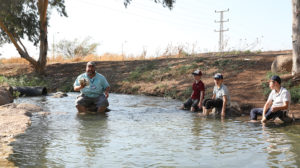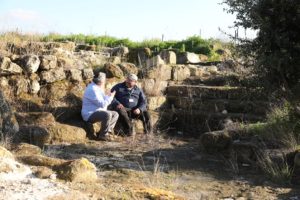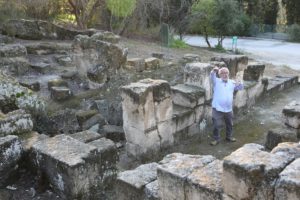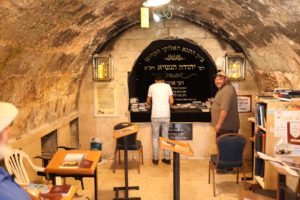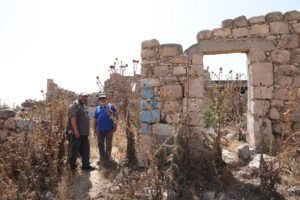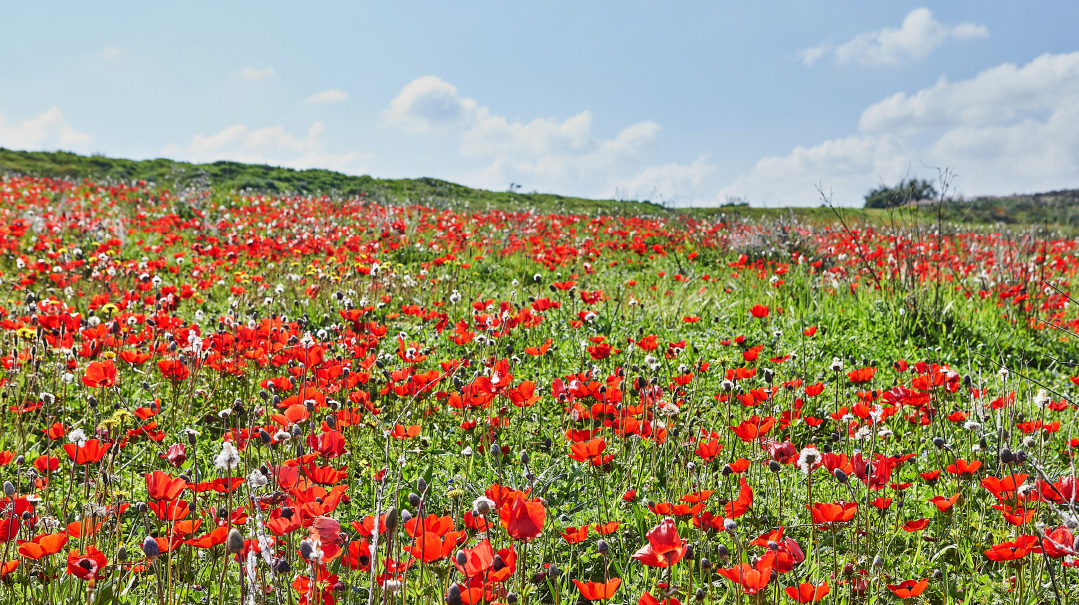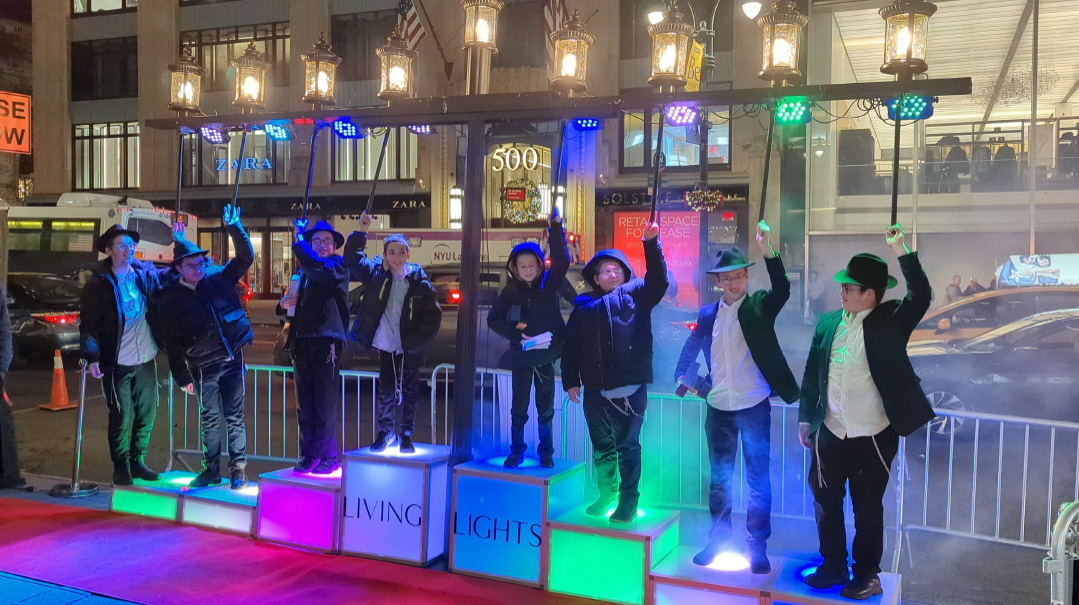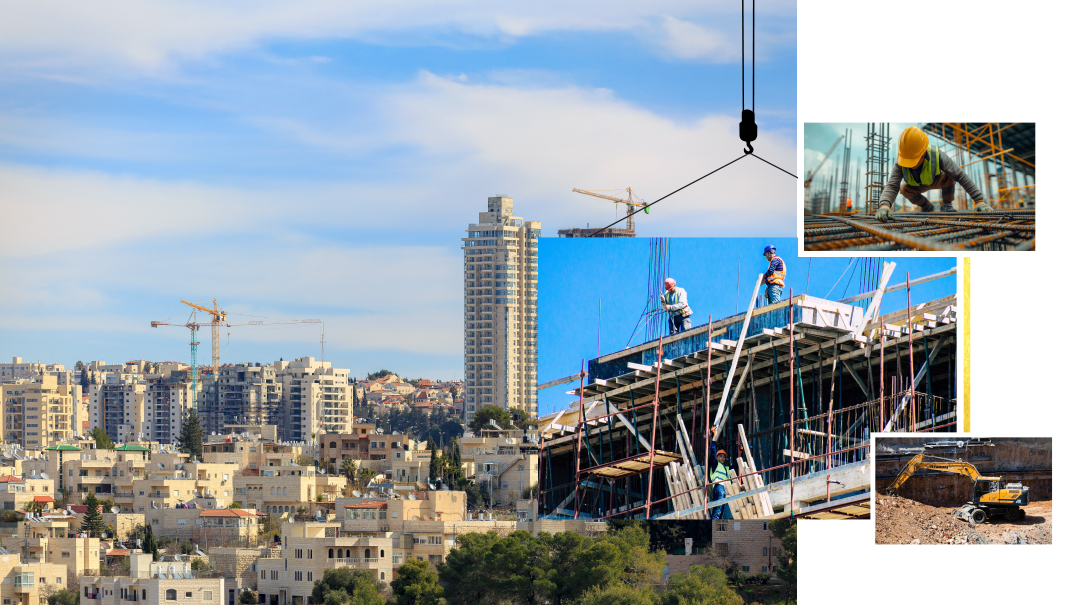East Winds Blowing
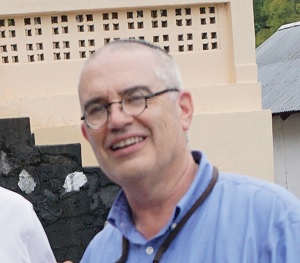
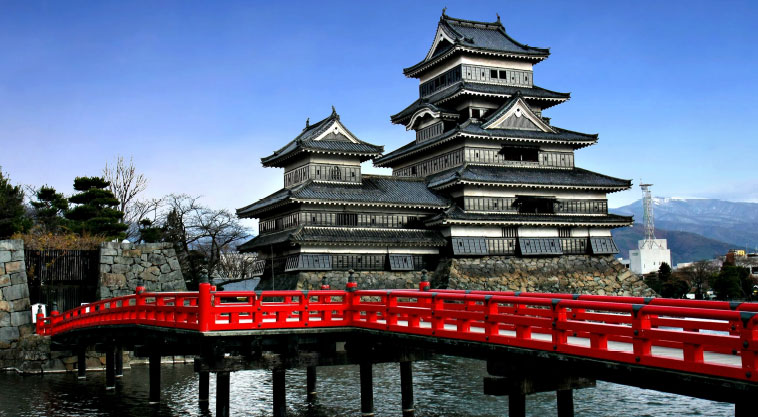
Photos: Dr. Ari Greenspan
Well, this new father, who had been living in Japan for years making his fortune in the diamond business, happens to be the son of Rabbi Yaakov Meidan, rosh yeshivah of the Har Etzion hesder yeshivah in Alon Shvut and my personal rebbi. But in the Land of the Rising Sun, there are no local mohelim, so on those rare occasions when a bris is performed, a mohel is either flown in from Hong Kong or Eretz Yisrael. Because circumcision is not common in Japan, and the new father was concerned about complications and post-bris care, he wanted a mohel with some medical knowledge, and that’s how I wound up on this recent trip to East Asia, with the honor of performing a bris for the grandson of my rebbi.
Grabbed Opportunities
Japan can be a bit of a shock for us Westerners. Tokyo is a city of 30 million people but the streets are quiet — you rarely hear honking of horns and people walk past without engaging, self-absorbed and disconnected, except possibly for the newest electronics fad. Respect for elders is of overriding importance, and education and success is drilled into children from an early age.
Losing face in any interaction is a terrible thing and people might say no when they mean yes if it means maintaining self-respect, and rigidity of behavior and obedience to societal norms and expectations appear to weigh heavily on the population. In fact, suicide is 60 percent higher than the global average. Extreme pressure is imposed to succeed, and failure reflects badly on the family, which can cause depression and is expressed most unusually with a unique Japanese phenomenon of hikikomori — acute social withdrawal said to affect nearly half a million Japanese youth who can’t take the pressure imposed on them. These modern-day hermits notwithstanding, the country that was near-completely demolished after World War II harnessed those very behaviors and cultural expectations and grew to be one of the world’s financial and technological powerhouses in the last 60 years.
Naturally, Jews didn’t miss out on the opportunities — both for safety and stability — that arose on this Pacific island. The earliest Jewish settlers arrived in the 1860s as Japan became open to the outside world. David Sassoon, the East’s wealthiest man and a religiously devoted Iraqi Jew who had settled in India, dispatched one of his sons to Japan to expand the family business. (Other wealthy Jews living in India saw Hong Kong, a Western-controlled island off Mainland China, as a flourishing opportunity. Britain needed huge quantities of tea, but it was creating a trade imbalance in as so much silver was being spent on tea that the coffers were being emptied. Millions of Chinese were addicted to opium and India had cheap opium in spades, so fortunes were made by buying tea cheaply with opium and selling it at a profit.)
Many of the early settlers did fabulously well in business. By 1895 the first shul was opened by about 50 families. Nagasaki, a port city developed by the Portuguese (one of the two cities destroyed by the atom bomb ending World War II) had double the number of families. The Jewish community of Kobe, Japan, was initially formed by escaped Jewish Russian prisoners of war who had participated in the Russian revolution of 1905.
(Excerpted from Mishpacha, Issue 718)
Oops! We could not locate your form.

